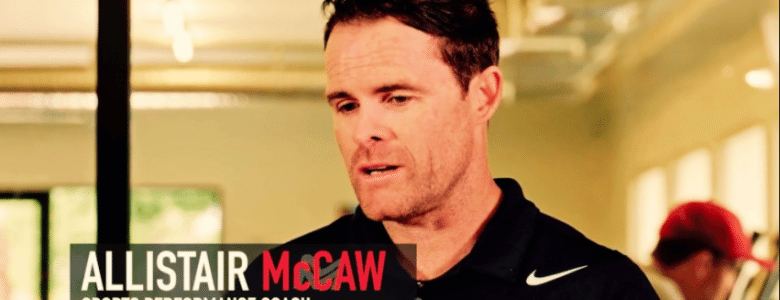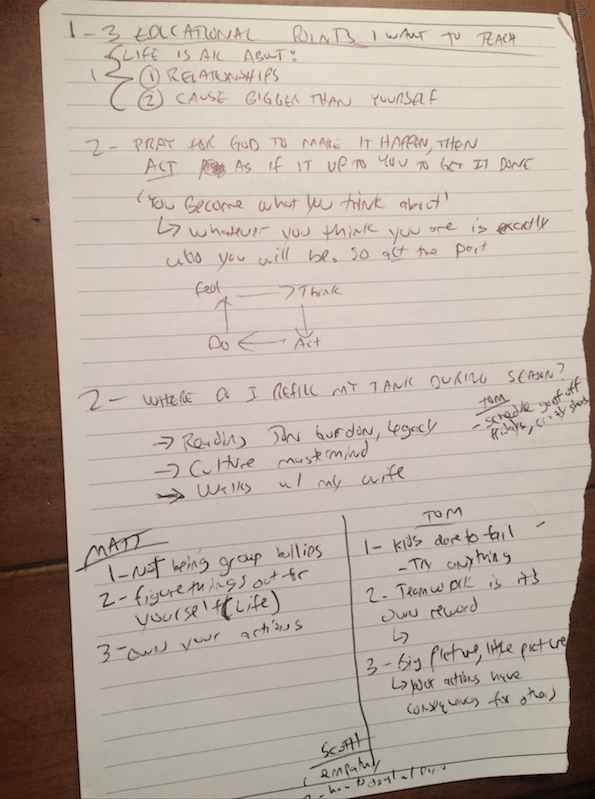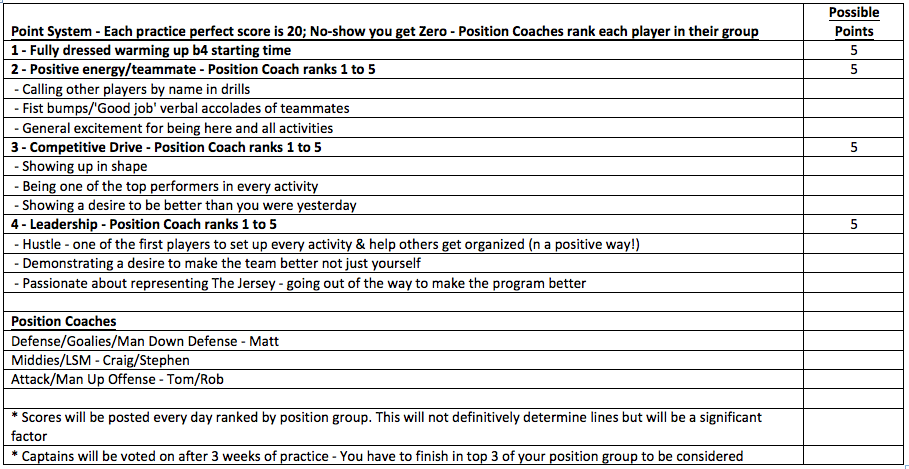January 27, 2017
Making It Fun Part 2 – Fun Games That Teach Skills
–
‘Nobody ever said “Work ball!” They say, “Play ball!” To me, that means having fun’ – Willie Stargell
- 1 kid is at home base, 1 at 2nd – and they race to reach the other’s base (home to 2nd; 2nd to home)
- Throwing/catching games – They start up close with a partner, then keep taking 3 giant steps back, once they drop a ball they’re out – but even after they’re out they can keep throwing (so they’re not standing around)
- Keep everything competitive – Coach will break up into 2 teams of six and then have them all bunt and keep track of which team lays down more successful bunts, do the same with hit and runs, etc.
- Baseball hitting game – Each player gets 7 swings and earns points based on result(kind of like Home Run derby)
- Last player standing – player bats with 2 strikes – if they hit it fair they keep going. If you strike-out you go play defense. Then you add complexity – they have to hit it to the grass, etc. Great game to teach the athletes to play in pressure situations.
- Throwing accuracy – Kids weren’t hitting their targets when throwing – so she put a ball on a cone at 1st base and they took turns throwing from shortstop trying to hit the ball on the cone. Then she said first one to hit she would give $1.
- Defensive slide duck-duck-goose: You play the normal game but have to do defensive slide when running around the circle.
- Jump stop Mr. Fox
- Split the kids in half and have them do drills towards mid-court so they meet their teammates and can watch/learn as they go
- Break into 3 person teams and have shooting competitions
- Spider – Ball handling game – 4 or 5 defenders, 3 or 4 offensive players – Players have to dribble to the other end of the court while the spiders are trying to knock their ball out of the court, if you get your ball knocked out you join the spiders.
- Dribble tag – put it to music and do it for 5 to 7 minutes to keep it fun
- Passing tag – have to pass the ball and ‘tag’ someone. Stop, catch, pivot, then tag. Timed drill –team with the lowest time wins. Can do it with more than 5 per team.
- Cool dribbling drill – Put change (quarters, nickels, dimes) at spots on the court – kids have to go pick it up, then go put the change back using the opposite hand
- The give-up drill – 3 blockers defending a pad vs. 1 player
- Defend the box
- Knockout
- Bring out different style balls – tennis ball, big huge ball








